
Post by : Monika
Syria is preparing to establish its first parliament since the ousting of President Bashar al-Assad. This significant event marks a step toward rebuilding the country after years of civil war. However, the process has raised concerns about political inclusivity and representation for all Syrians.
The Voting Process
The new parliament will consist of 210 seats. An indirect voting system will be used, where regional electoral colleges, made up of 6,000 electors, will choose two-thirds of the seats. The remaining third will be appointed by President Ahmed al-Sharaa, a former rebel leader who took power after Assad's ousting in December 2024. The elections are scheduled for Sunday, October 5, 2025.
The indirect voting system was chosen due to challenges such as a lack of reliable population data and the displacement of millions of Syrians during the war. Additionally, elections in Kurdish-led areas in the northeast and the Druze-majority province of Sweida have been postponed for security and political reasons, leaving 19 seats vacant.
Concerns About Inclusivity
Critics argue that the current process does not adequately represent all segments of Syrian society. The absence of elections in certain regions means that many Syrians will have no direct say in the formation of the new government.
Moreover, the centralized nature of the voting system and the president's power to appoint a significant portion of the parliament have raised questions about the true extent of political inclusivity.
Women and minority groups also express concerns about their representation. While some electoral districts have at least 20% female candidates, others have fewer than 10%, and no formal quotas are in place to ensure gender balance. This lack of guaranteed representation for women and minorities could undermine the legitimacy of the new parliament in the eyes of many citizens.
The Role of President Ahmed al-Sharaa
President Sharaa, who leads the Islamist group Hayat Tahrir al-Sham, has been central to the transition process. His leadership has been both praised for ending Assad's rule and criticized for the manner in which the transition is being managed.
Some observers fear that the concentration of power in the hands of the president and his allies may replicate the authoritarian practices of the previous regime.
The international community is closely monitoring Syria's transition. The United Nations has urged the new leadership to ensure an inclusive political process that represents all Syrians, including ethnic and religious minorities.
The success of the new parliament will depend on its ability to build trust among the diverse populations of Syria and to address the grievances of those who feel excluded from the political process.
Looking Ahead
The establishment of a new parliament is a crucial step in Syria's journey toward stability and reconstruction. However, for this transition to be successful, it is essential that the new government is inclusive and representative of all Syrians. Ensuring fair representation for women, minorities, and all regions will be key to building a democratic and unified Syria.
As the country moves forward, it will be important for the new leadership to engage with all communities, address their concerns, and work towards a political system that reflects the diverse fabric of Syrian society. Only through such inclusive efforts can Syria hope to achieve lasting peace and prosperity.
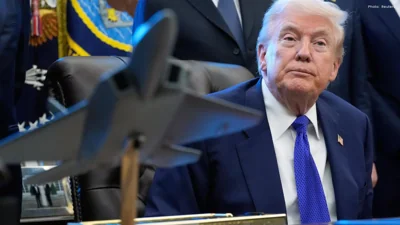
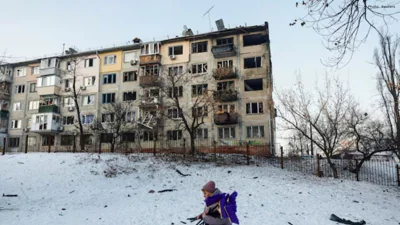
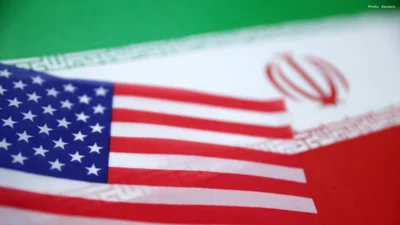
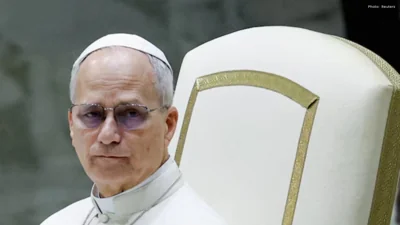
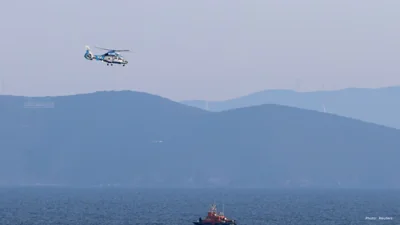
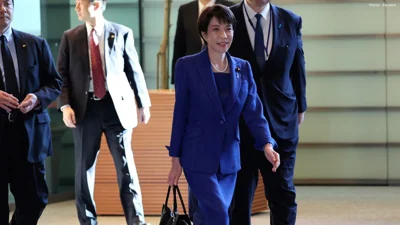
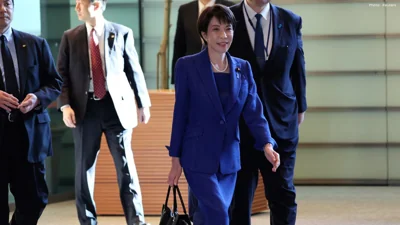



Mattel Revives Masters of the Universe Action Figures Ahead of Film Launch
Mattel is reintroducing Masters of the Universe figures in line with its upcoming film, tapping into

China Executes 11 Members of Criminal Clan Linked to Myanmar Scam
China has executed 11 criminals associated with the Ming family, known for major scams and human tra

US Issues Alarm to Iran as Military Forces Deploy in Gulf Region
With a significant military presence in the Gulf, Trump urges Iran to negotiate a nuclear deal or fa

Copper Prices Reach Unprecedented Highs Amid Geopolitical Turmoil
Copper prices soar to all-time highs as geopolitical tensions and a weakening dollar boost investor

New Zealand Secures First Win Against India, Triumph by 50 Runs
New Zealand won the 4th T20I against India by 50 runs in Vizag. Despite Dube's impressive 65, India

BTS Tour Sparks Global Demand: Mexico Appeals for Additional Shows
BTS' comeback tour creates immense demand in Mexico, prompting President Sheinbaum to urge more conc